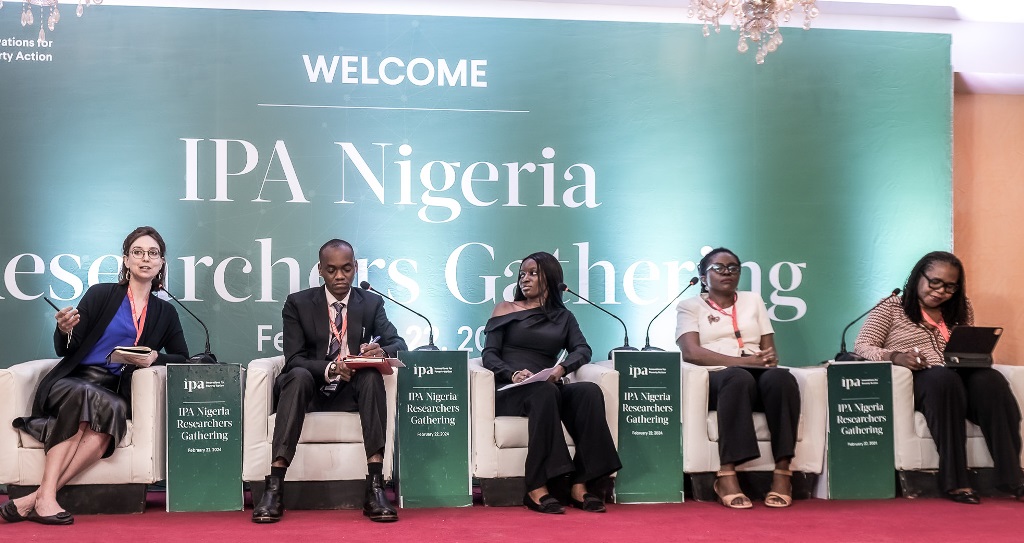Bridging the Research Divide and Increasing Diversification in Low- and Middle-Income Countries
In 2021, Innovations for Poverty Action (IPA) announced an initiative to bridge the research divide and broaden its research network in low- and middle-income countries (LMICs). At the time, we estimated that only 27 percent of our network of researchers came from LMICs, mirroring the historical trend in international development favoring researchers from high-income countries. According to a 2020 publication, fewer than eight percent of the top five economics publications on Africa had an African co-author. The barriers for LMIC researchers are complex, but we are convinced that making research more locally grounded will lead to more policy-relevant and impactful studies. Since 2021, we have made meaningful progress in addressing these inequalities and are continuing to learn how to better support LMIC researchers.
IPA is actively advancing initiatives to increase the participation of LMIC researchers. We are collaborating with 32 institutions across Africa to co-create evidence, enhance capacity, and foster dissemination. We are already seeing the first results. An impact evaluation workshop co-hosted with Lagos Business School informed a project design that has won research funding and is currently being co-implemented by Zedvance.
Access to funding remains a significant barrier for LMIC researchers, which is why IPA has developed the Researcher Diversification Exploratory Small Grant Fund. Three researchers have received grants since December 2022, including one from Robert Zongo University in Burkina Faso. IPA has since partnered with the university to connect doctoral students with internships at IPA Burkina Faso. This year, IPA is hoping to offer six grants.
Incubating A Robust Network of LMIC Researchers
Knowledge-sharing and building connections are integral to IPA's mission. We have organized several learning events, including webinars and workshops on impact evaluation methods for early career researchers and PhD students. In February, we held a researcher’s gathering event in Abuja to further develop a rich network of researchers from Nigeria’s top research institutions. The keynote speech by Professor Olayinka David-West, Associate Dean at Lagos Business School, emphasized the importance of cross-country collaboration in addressing the obstacles LMIC researchers face in accessing funds and getting their work published in top journals.

The partnership between Lagos Business School and IPA has improved the School’s understanding of impact evaluation methods and designing and conducting randomized control trials across different problem areas. As Professor David-West said during the February gathering, "IPA has expanded the School’s research capabilities significantly, fueling a greater drive to increase intellectual contributions, and enhancing the capabilities of its research community with new research techniques. The tenets of the partnership also align with the School’s mission to rethink the approaches to solving Africa’s social and institutional problems. In the mutual quest to create sustainable development in Nigeria and Africa, opportunities to converge impact evaluation and subject matter expertise can be a catalyst for change.
Looking Ahead
A key aspect of our initiative is supporting LMIC researchers to think differently when navigating the complex proposal development process. We have learned that crafting a winning proposal and navigating donor proposal requirements remain a common hurdle. To address this, IPA offers technical assistance to help researchers develop stronger, more competitive proposals. By fostering connections based on sector experience and expertise, we facilitate matchmaking and the formation of collaborative project teams for grant applications. Between 2021 and 2023, we won 36 proposal submissions in which LMIC researchers were the Principal or Co-Principal Investigators and provided 29 direct training sessions with 748 participants across seven country offices in Africa. Together, we are laying the foundation for a future where LMIC researchers lead global development research and policy–especially in their home countries.












